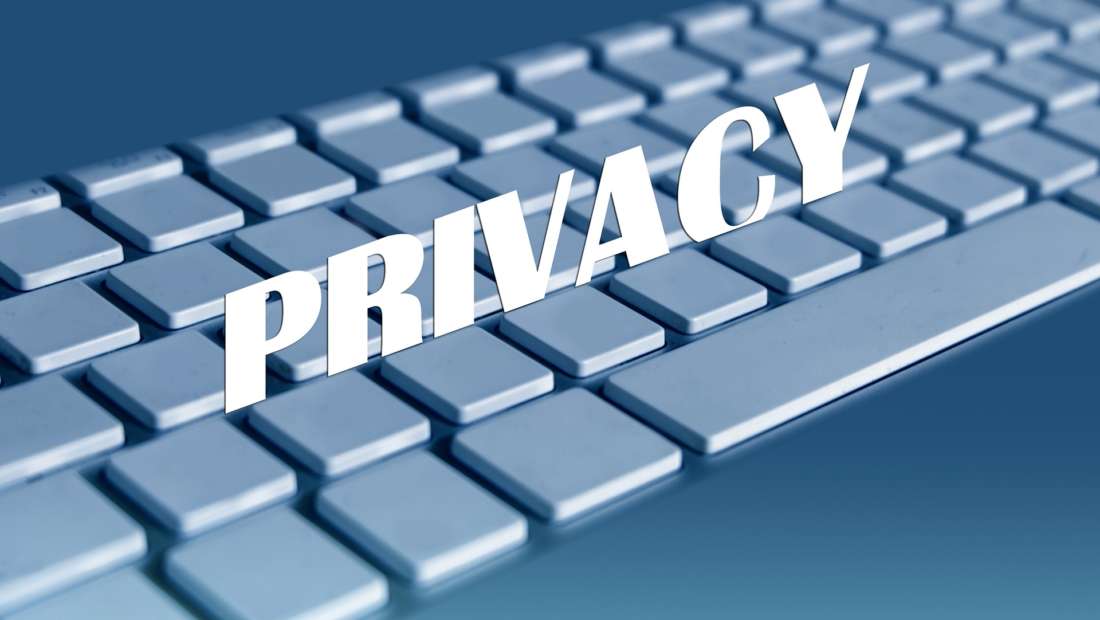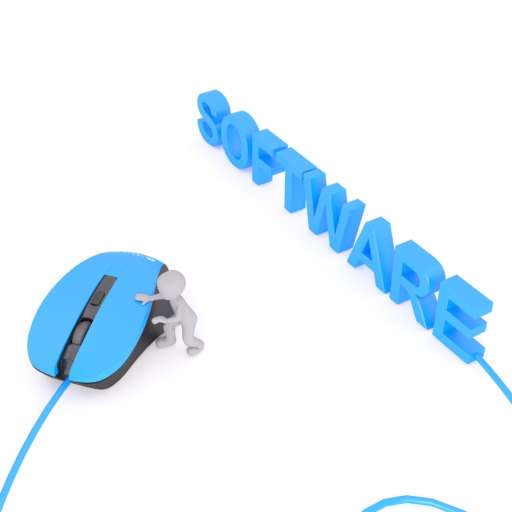
Over the past decade, technology has advanced to unimaginable heights, changing how we talk to each other. Email continues to be a favorite method of communication. No longer do we write letters and anxiously await the postman. Today, we get messages across the world within seconds. This also means that we communicate more, however. And we seem to forget that electronic communication and data can be compromised, which means that unwanted people could access the things we send, including classified information. This is why you need the top email archiving tools to protect you and your communication.
Why You Need Top Email Archiving Tools
You have to pay for email archiving, which means you do have make sure that you are paying for the something you actually need. It should be accessible and logical. You have to trust that your files are stored in a secure manner and that they can only be access by those with the right credentials. Hence, you have to consider your storage options, which include:
- On site storage.
- Off site storage.
- Cloud storage.
Cloud storage is widely accepted to be the best option, because it means you don’t have to worry about equipment. There could be a catastrophic failure or event in your business, such as a flood or a fire, and all your emails will still be safely stored elsewhere. And the cloud provider should also have their own backups in place, should some sort of catastrophic event happen to their servers themselves. Do make sure, of course, that you have the proper security features in place, which includes encryption.
Next, you need to consider how your files are being stored. There should be some sort of hierarchy to it, so that personal emails and business emails are separated. Similarly, spam emails should immediately be removed. This also helps to prevent phishing attacks, as there is no more chance of employees accidentally clicking on a link.
All businesses need email archiving solutions. In fact, there is an issue of legal compliance. All businesses have to be able to reply to eDiscovery requests, and this can be very difficult if no proper archiving solutions are in place. Around 250 billion emails are sent around the world each and every day. This gives you an idea of the scope of emails that you may have to sift through as part of an eDiscovery request. With a good email archiving solution, however, you can simply enter a few parameters, such as the name of the person who sent or received the email, filtering by date, and more, and you will be presented by a full list of the conversation. Best of all, email archiving solutions ensure that no emails can ever be tampered with. They are all stored as received at all times, which means they are guaranteed to be accurate as well.
If you don’t have a cloud based email archiving solution in place yet, perhaps it is time to consider it?

